Rat dissection Science & Flair week
Rat Dissection It was truly enriching to witness Year 13 students, Max and Ishaan, take the initiative to train for a rat dissection and then independently deliver the exciting...
Filter by Category
Filter by Author


























































































































































































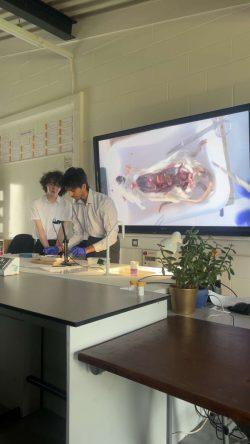
Rat Dissection It was truly enriching to witness Year 13 students, Max and Ishaan, take the initiative to train for a rat dissection and then independently deliver the exciting...
Posted by Jey Atchuthan
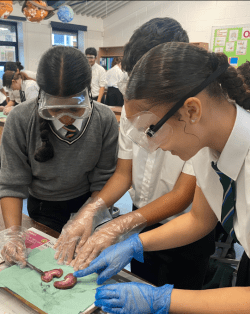
Year 11 Biology Class had conducted a perfectly executed kidney dissection! What a wonderful experience and very impressive that they carried it out with such precision. I would...
Posted by Jey Atchuthan
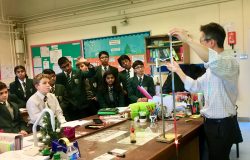
How fortunate we are to have Mr Lai, our newly appointed Senior Science Technician to come and demonstrate and explain the neutralisation reaction to our keen and enthusiastic...
Posted by Jey Atchuthan
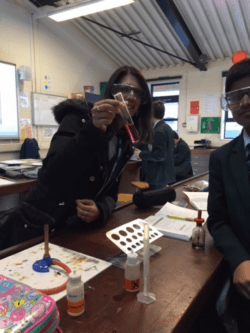
After my previous weekly visits: watching videos of broken bones; learning about heat transfer and aiding a practical about acids and alkalis, I was really looking forward to my...
Posted by Jey Atchuthan
Rat Dissection
It was truly enriching to witness Year 13 students, Max and Ishaan, take the initiative to train for a rat dissection and then independently deliver the exciting experience to a diverse and well attended audience of KS3, KS4, and KS5 students, as well as staff.
Their meticulous approach, coupled with their emphasis on health & safety and the importance of the ethical treatment of any organism, showcased their scientific expertise, leadership skills and exemplified their ethical and moral values.
Seeing them engage and inspire students across all age groups was a proud moment when they showcase their commitment to Biology, not just during Flair week but throughout Science week too —these two are undoubtedly budding biologists with bright futures ahead!
Miss J Atchuthan
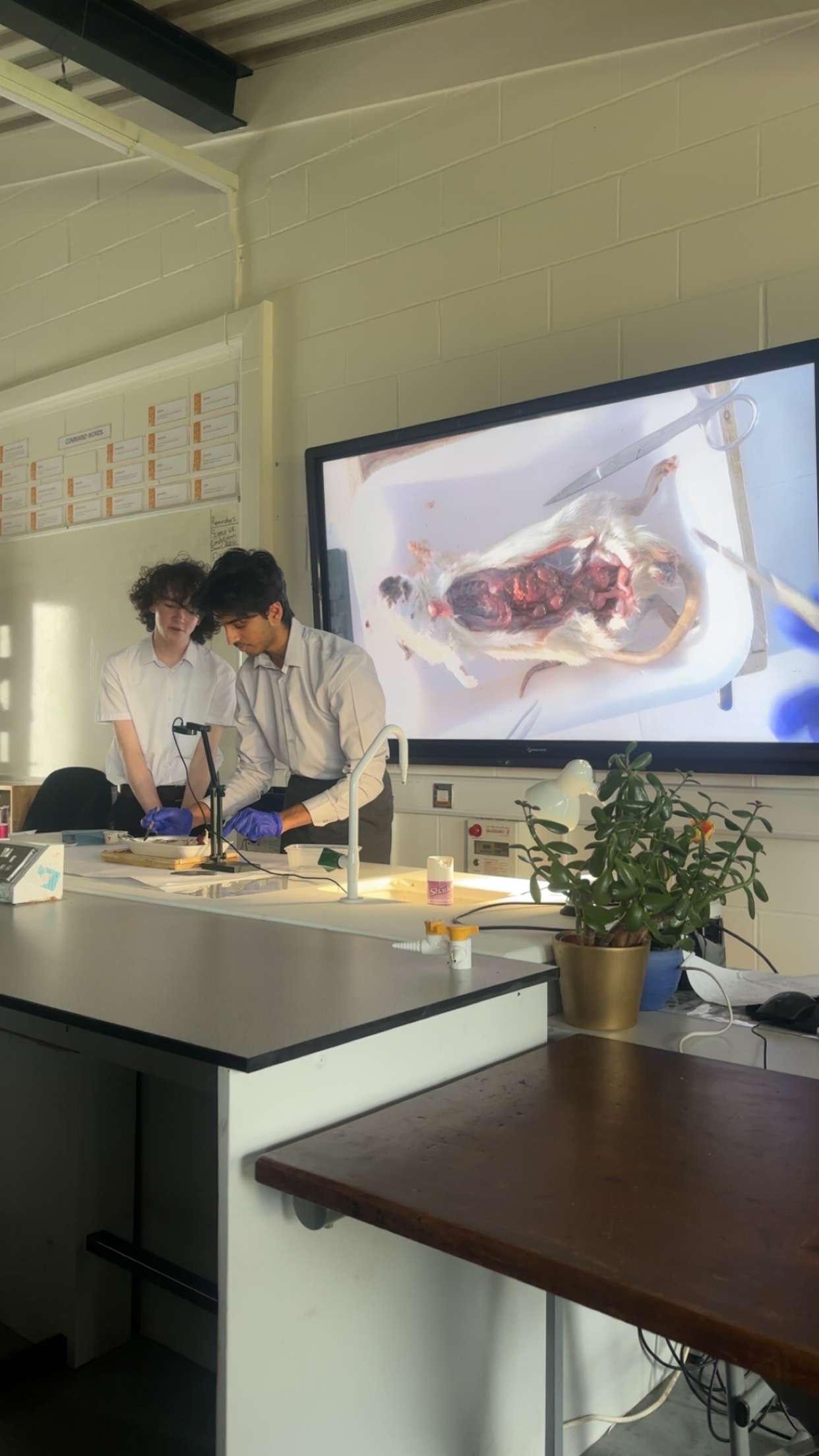
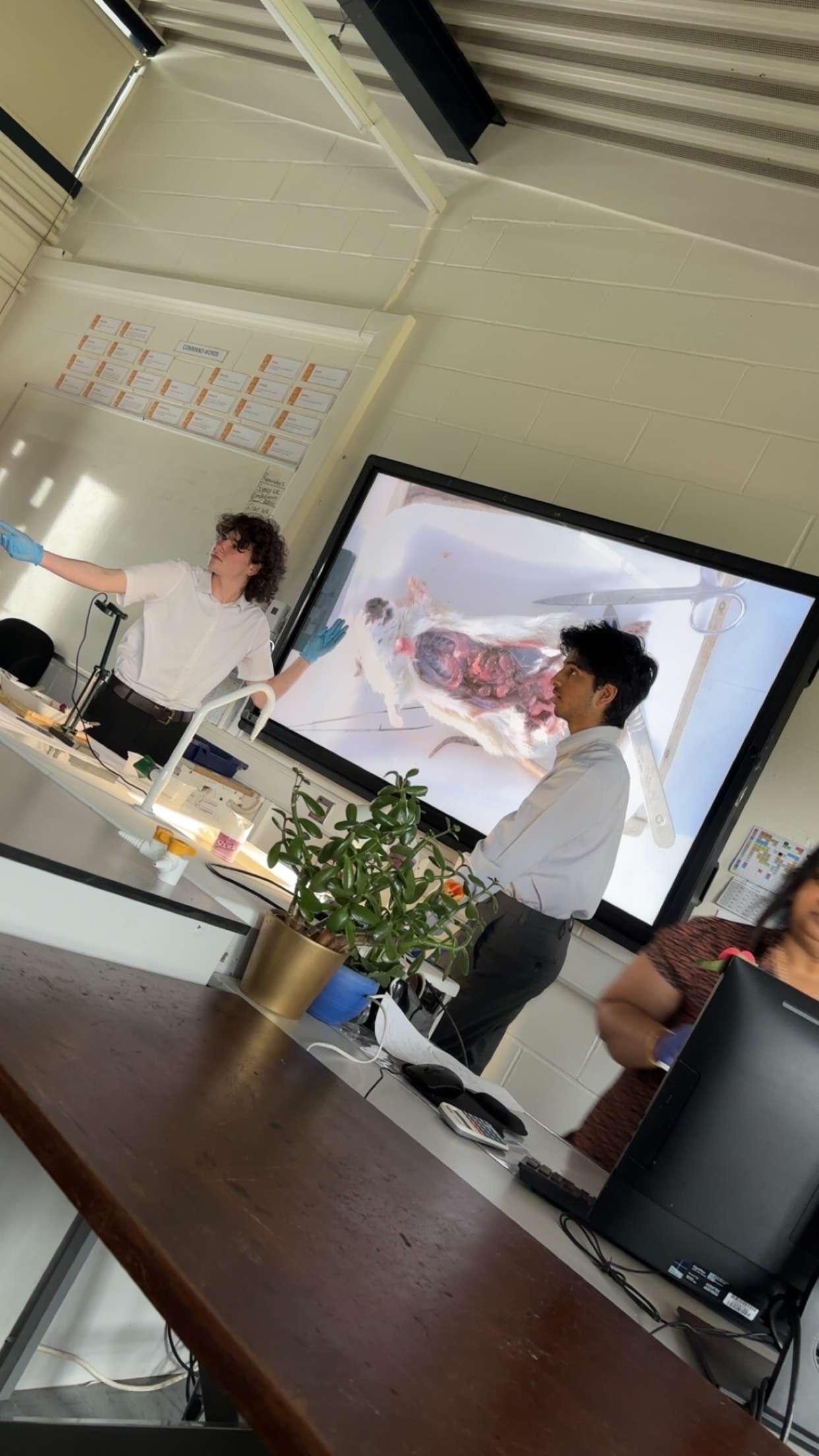

On the evening of 25th January 2025, people across the world had the chance to witness something truly special: a rare alignment of several planets in the night sky. This...